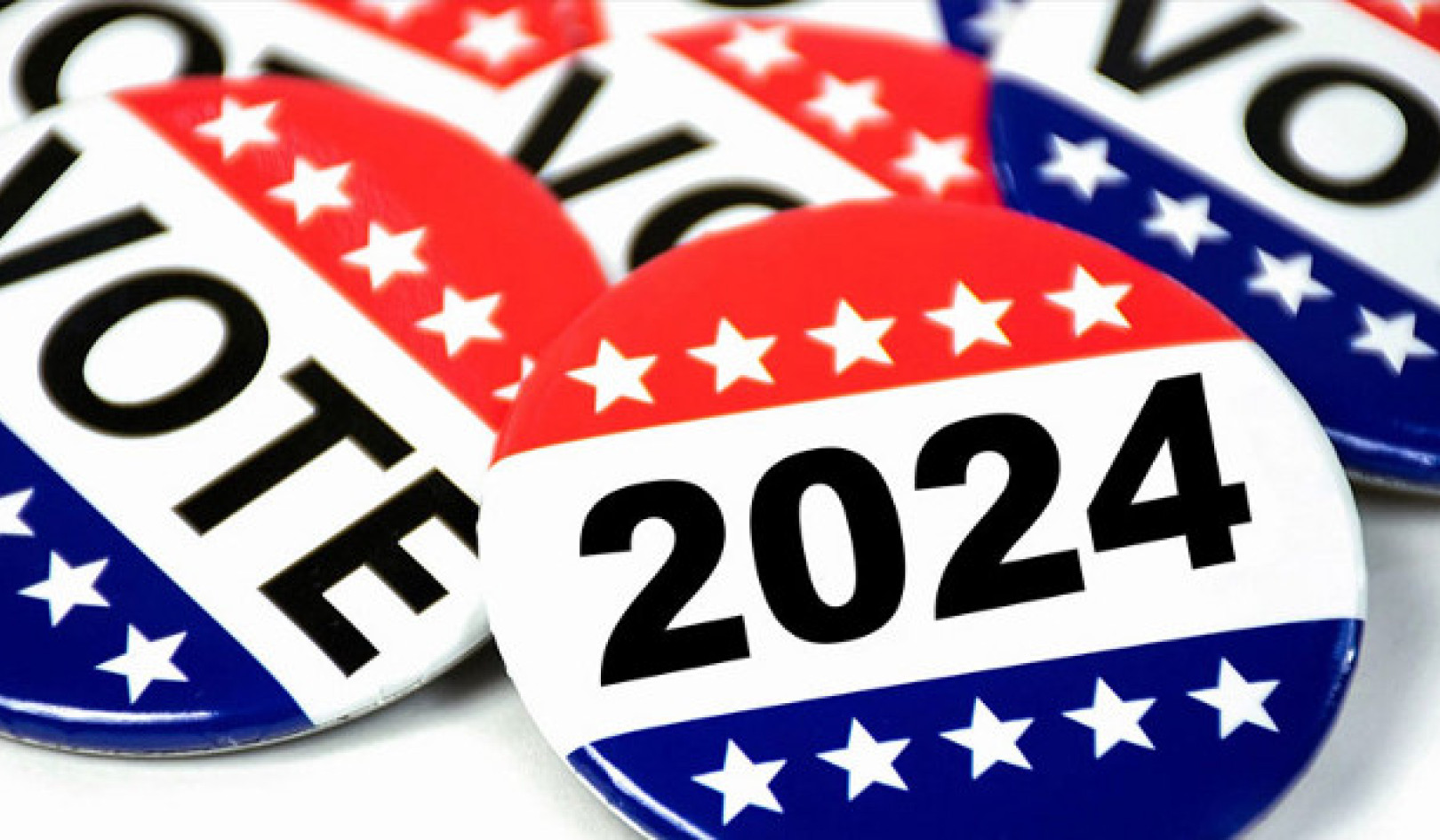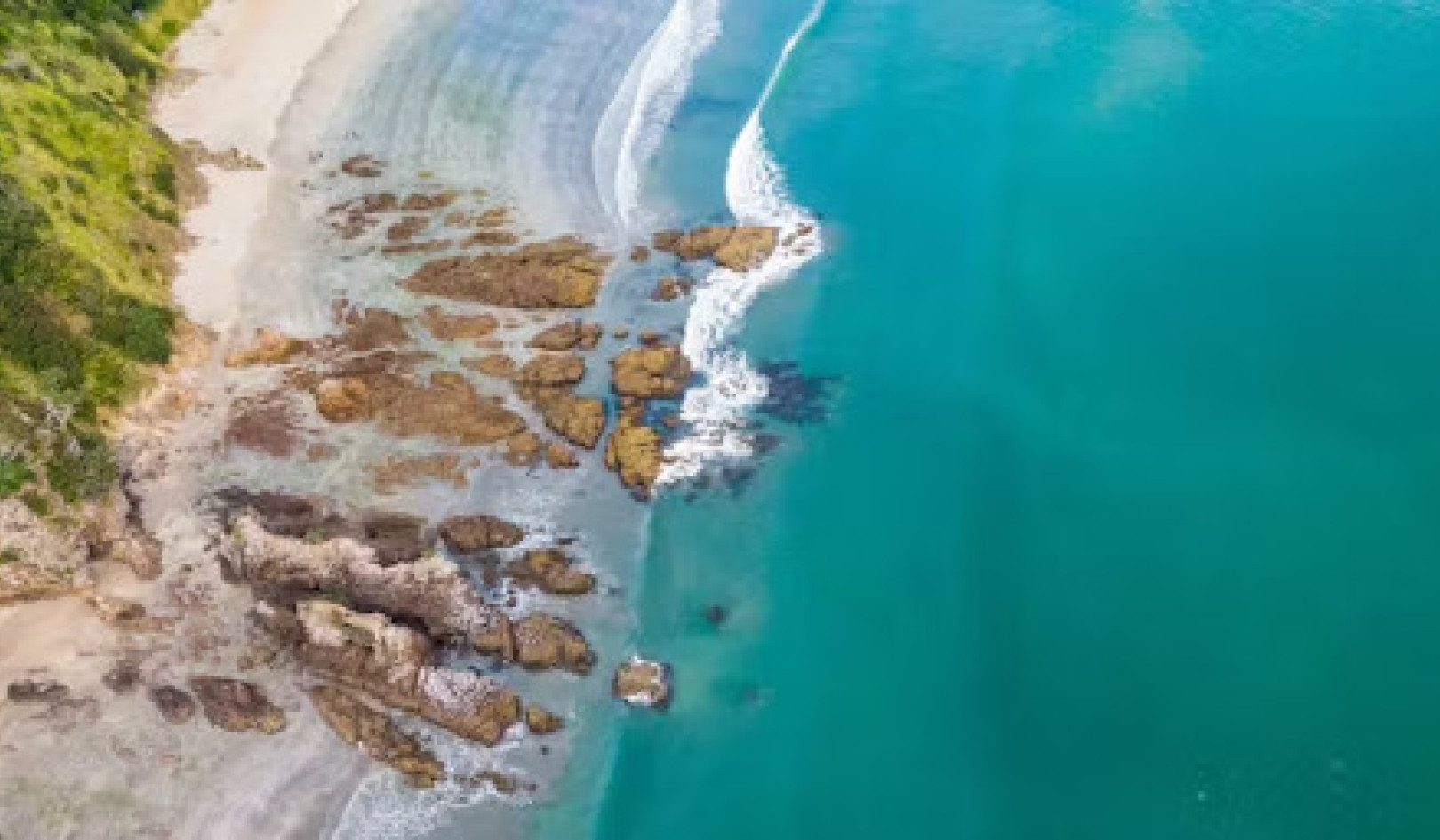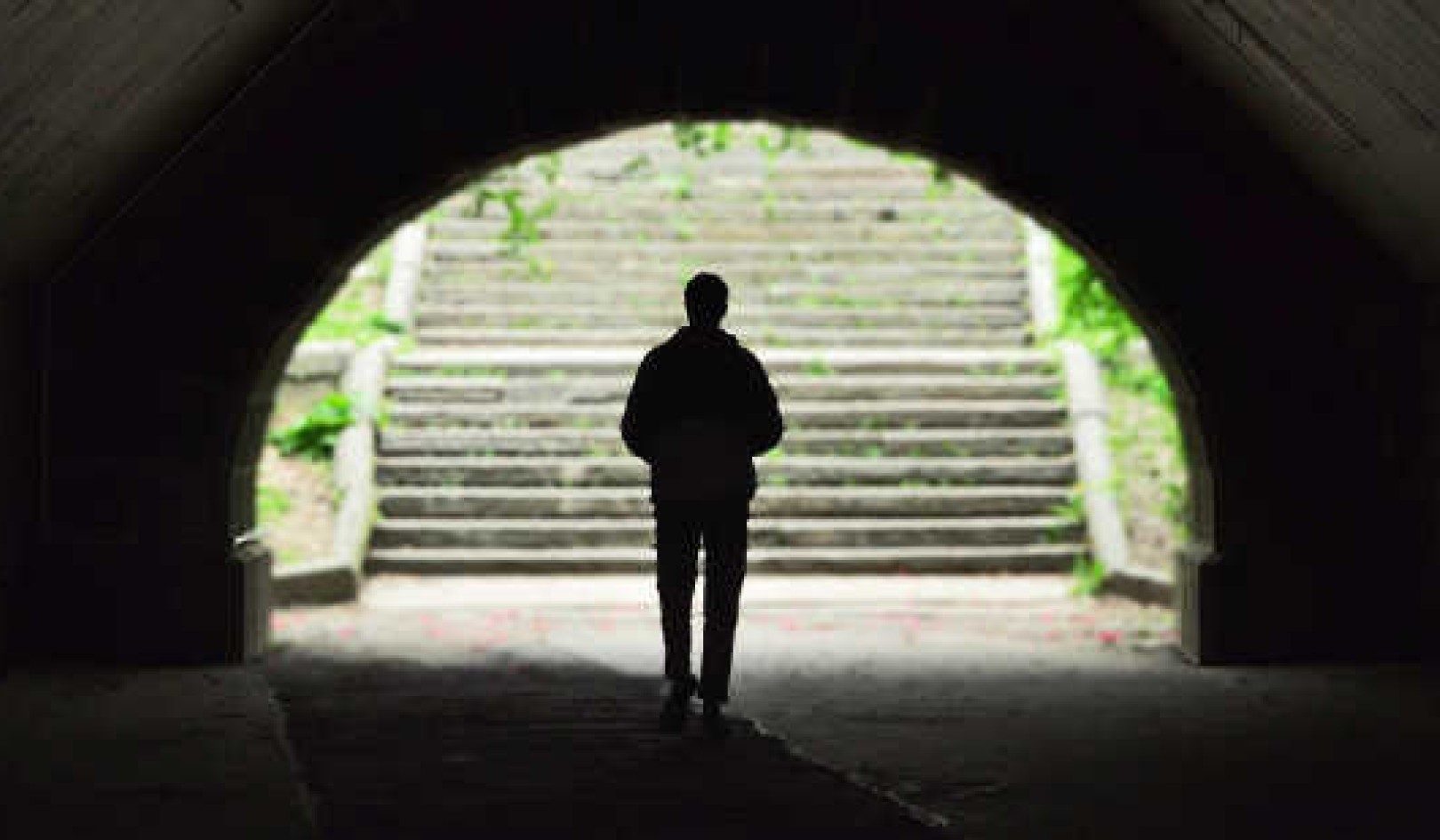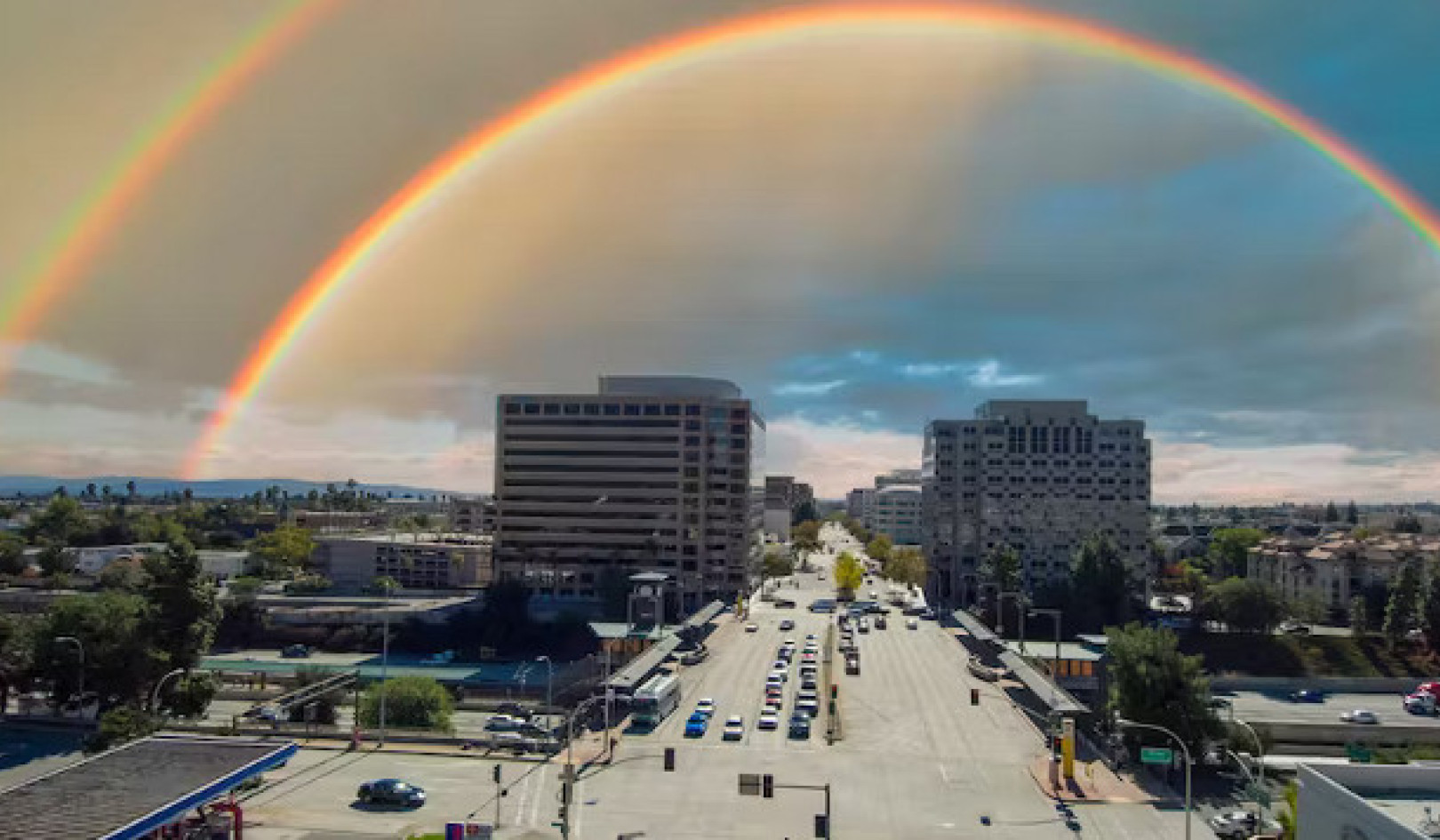Climate Bind: trauma & psychoanalysis—Interview w/Judith Deutsch—Radio Ecoshock 2019-02-27
Thanks for visiting InnerSelf.com, where there are 20,000+ life-altering articles promoting "New Attitudes and New Possibilities." All articles are translated into 30+ languages. Subscribe to InnerSelf Magazine, published weekly, and Marie T Russell's Daily Inspiration. InnerSelf Magazine has been published since 1985.

Judith Deutsch is a psychoanalyst with a private practice in Toronto, Canada. Raised and educated in California, Judy has been on the faculty of the Toronto Psychoanalytic Institute. She is a wide-ranging voice for social conscience, as past president of “Science for Peace”, a member of “Independent Jewish Voices Canada”, a respected columnist for Canadian Dimension magazine, and contributor to CounterPunch.
Show by Radio Ecoshock, reposted under CC License. Episode details at https://www.ecoshock.org/2019/02/uninhabitable-earth-david-wallace-wells.html
Stop Fossil Fuels researches and disseminates effective strategies and tactics to halt fossil fuel combustion as fast as possible. Learn more at https://stopfossilfuels.org
TRANSCRIPT EXCERPT
On Radio Ecoshock, dozens of scientists expressed their personal worries and loss concerning climate science they have published. Two of the saddest cases are the Australian coral reef scientist Charlie Veron. He is losing his life’s work as the corals get wiped out by hotter oceans, Dr. Orrin Pilkey established the science of coasts. Now the Carolina coasts he loves are being eroded, flooded, and buried under the sea. Scientists talk about being “kept up at night” and “deeply worried”.
In October 2018, PNAS published “Empirical evidence of mental health risks posed by climate change“. The authors compared public mental health records with extreme events like hurricanes, very hot weather, and multi-year warming. They used “2 million randomly sampled US residents across a decade of data collection” and conclude that “environmental stressors produced by climate change pose threats to human mental health.”
But does this approach tell us anything beyond the obvious? Judy suggests it can be pretty shallow to work up numbers when we don’t know the specifics about individuals. We are all different. Some of us will react with a sense of doom, while others may be stimulated by the challenge. As a clinical psychoanalyst, Judy doesn’t like to generalize.
PRETRAUMATIC STRESS SYNDROME?
In 2016, the American Professor E. Ann Kaplan wrote “Climate Trauma”. She surveyed global warming in movies and literature, and she talks about “the traumatic imagining of future catastrophe”. Kaplan calls it “Pretraumatic Stress Syndrome”. Knowledge of the climate future, she warns, can lead to nightmares, paranoia, and depression. But in the psychoanalysis founded by Sigmund Freud, must trauma always be something that occurred in the past, or did the early pioneers of mind consider the possibility of “future trauma”?
Carl Jung, the famous Swiss psychiatrist and psychoanalyst, developed several concepts that might help us understand ourselves in climate shift. Do you think Jung’s idea of “the shadow” could apply to denial of climate change? With a deep discussion of fairy tales and myths, Jung described a “collective unconscious”. I wonder if our collective unconscious affects our ability to adapt to a radically changed future which has no model in our memory.
In a review of “The Life and Works of Karl Marx” by Sven-Eric Liedman, Judy writes: “nature is just as much a source of the use values that people live on...Humanity is a part of nature; society and its culture develop out of nature. Class society creates a gap between society and its source.”
CLIMATE CHANGE REFUGEES
The 1951 UN convention on refugees, and subsequent international law, still does not recognize climate refugees. Rising seas and extreme climate-driven events will set off the greatest mass migrations ever. Are governments waking up, are we ready at all?
TALK TO ONE ANOTHER ABOUT CLIMATE STRESS
Psychoanalysts recommend talking about our problems and our selves. But there can't be enough trained health professionals to deal with the tsunami of upset people arriving as the future is disrupted. I talked with UK psychotherapist Rosemary Randall about her healing movement called “Carbon Conversations,“ circles of people who meet to share feelings about climate change. Can we help ourselves with local climate conversation or support groups?
We know we are damaging the climate every day by driving cars, by the food system, everything. Yet we have to keep on doing it, because we depend on the carbon culture. That predicament sounds familiar to people with other damaging personal behaviors they feel unable to control. Should we be talking about carbon addiction? Judy doesn’t think that is the best way to look at it.
THE MILITARIZATION OF CLIMATE CHANGE
As a Peace activist, Judy has been writing about the dangers of nuclear weapons and militarization for decades. In the last ten years, she added new warnings about “climate militarization”.

Thanks for visiting InnerSelf.com, where there are 20,000+ life-altering articles promoting "New Attitudes and New Possibilities." All articles are translated into 30+ languages. Subscribe to InnerSelf Magazine, published weekly, and Marie T Russell's Daily Inspiration. InnerSelf Magazine has been published since 1985.

Redefining Readiness: Europe's Move Toward Conscription Amid Ukraine War
Ukraine war: why many Nato countries are thinking of introducing conscription and the issues that involves

It Didn't Have To Be This Way
There have been some standout successes for some countries dealing with this Covid pandemic.

FDR's Financial Vision: More Relevant Than Ever for 2024
As the world steers its way through the unprecedented changes of the 21st century, there is a recurring echo from the past that many are turning to – the New Deal.

From Mountains to Sea: A Path to Save Our Troubled Oceans
The rapidly declining health of New Zealand’s marine environment raises serious questions about how we care for and manage the oceans.

How Cities Can Reduce Mortality From All Causes
Being able to target which areas would have the highest reduction in mortality can justify these campaigns, not only as a mitigation measure, but as a way to directly improve health.

What To Do: We Are Poised To Pass 1.5? Of Global Warming
World leaders propose four pivotal strategies to manage the impending climate overshoot, focusing on mitigation, adaptation, carbon removal, and exploring solar radiation management to restore a...























